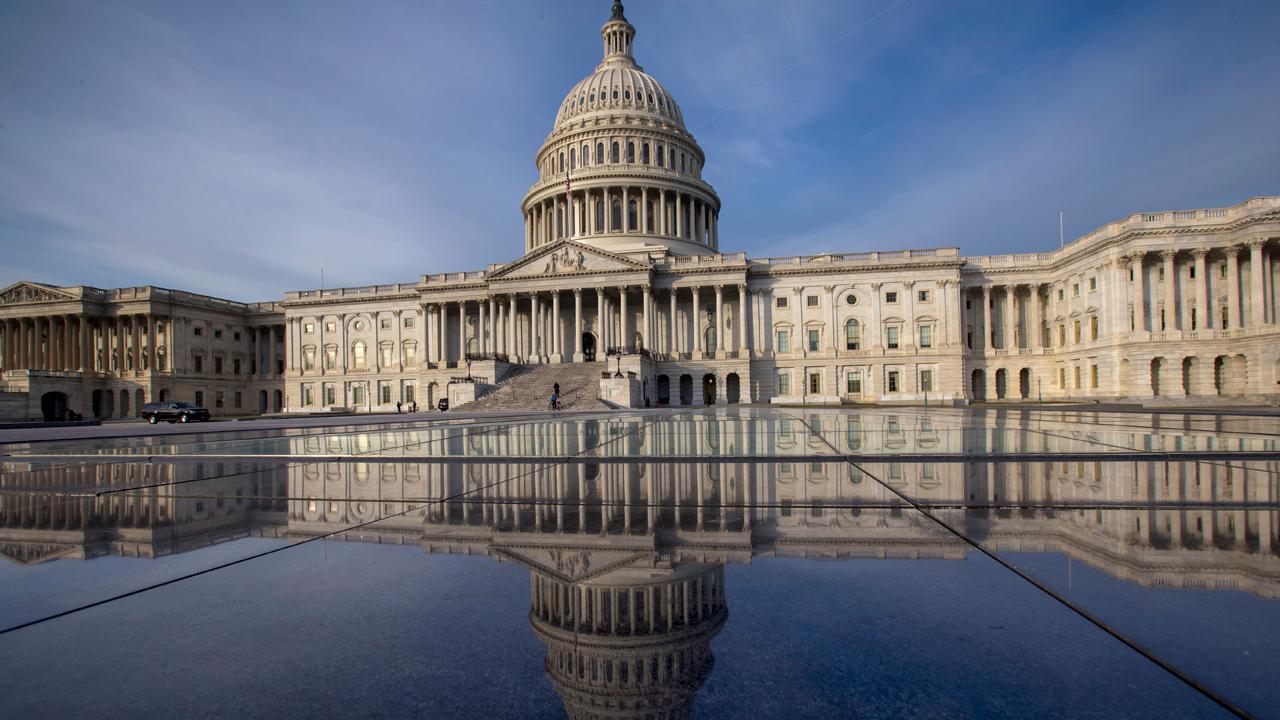The CARES Act lets you tap your retirement savings early -- but most people aren't doing that
Only 1% of savers initiated a distribution related to COVID-19
The U.S. jobless rate has been skyrocketing ever since COVID-19 cases started multiplying in March. In response, the CARES Act was passed later that month to provide much-needed relief. Among other things, the CARES Act boosted weekly unemployment benefits, allowed for a one-time stimulus payment, and gave savers the option to tap their 401(k)s or IRAs if circumstances related to COVID-19 created a financial need to do so.
AMERICANS' BIGGEST MISCONCEPTIONS ABOUT THE CARES ACT
Normally, early retirement plan withdrawals -- those taken before age 59 1/2 -- are subject to a 10% penalty. Under the CARES Act, that penalty is waived for distributions of up to $100,000. And with so many Americans unemployed, you'd think people would be clamoring to raid their savings to cover near-term expenses.
But surprisingly, most people aren't tapping their retirement savings. Vanguard reports that only about 1% of savers initiated a distribution related to COVID-19 despite the fact that 99% of retirement plans allow for it. And among those who did take a withdrawal, only 3% withdrew the maximum amount allowable under the CARES Act.
AMERICANS SHOULD EXPECT ANOTHER STIMULUS PACKAGE, TOP WHITE HOUSE ADVISOR SAYS
Clearly, the fact that so few Americans touched their long-term savings is very encouraging news. If you're thinking of taking a 401(k) or IRA withdrawal, it pays to keep with that trend and explore other options so you can leave your retirement account alone.
The danger of raiding your retirement plan
Let's be clear: If you're truly in a dire financial spot and can't put food on the table, then you certainly shouldn't let yourself or your family go hungry when you have money in a 401(k) or IRA. But if you can avoid taking an early withdrawal right now, you're better off doing so.
34% OF WORKERS TODAY WORRY ABOUT THIS DEVASTATING RETIREMENT EXPENSE
For one thing, many retirement plan balances are down due to COVID-19's impact on the stock market. If you take a withdrawal today, you'll risk liquidating investments that haven't regained value and locking in permanent losses.
Furthermore, the money you remove from your retirement plan is money you won't have available when you're a senior, and while you may be out of a job now, remember that you also may be out of work permanently once retirement rolls around. Also, when you take a retirement plan withdrawal, you don't just lose out on the principal sum you remove; you also lose out on potential growth.
Imagine the investments in your retirement plan typically generate an average annual 7% return, which is a few percentage points below the stock market's average. If you take a $10,000 withdrawal today to cover some bills but you're not set to retire for 20 years, you'll end up losing out on almost $39,000 in retirement income when you factor in lost returns.
3 SIGNS YOU'LL HAVE TO RETIRE EARLY BECAUSE OF CORONAVIRUS (AND HOW TO MAKE IT WORK)
That's why tapping your retirement plan should really be a last resort. Before you go that route, withdraw from your emergency fund, look into borrowing affordably (a home equity loan or line of credit works well in this regard), and ask for relief on the bill-paying front. The purpose of a 401(k) or IRA is to help ensure that you have enough money to pay your expenses as a senior. Withdraw from that account today, and you risk compromising your long-term financial security.




















